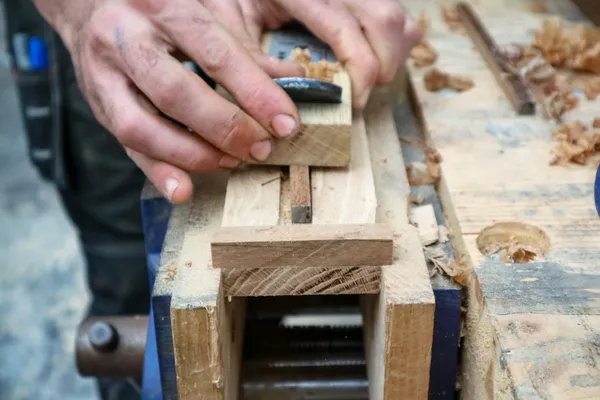Our gift guide
Shop by budget
Gift ideas by occasion

Wood
£49
2h London, Rotherhithe

Wood
£120
3h London, Northolt Park

Wood
£195
6h London, Northolt Park

Wood
£65
4h30 Kent, Faversham

Wood
£45
3h London, Stepney

Wood
£200
2d Kent, Faversham

Wood
£55
2h London, Bloomsbury

Wood
£350
2d London, Bloomsbury

Wood
£150
8h London, Stepney

Wood
£175
7h London, Bloomsbury

Wood
£65
4h30 Kent, Faversham

Wood
£50
3h London, Stepney
Need to be guided in your choice?
What do they have in common? Passion
We have a few more tricks up our sleeve
Over 72 experiences available
Open the doors of a workshop, learn about its craft and leave with your creation
Discover the Ancestral Art of Wood Carving
Wood carving transforms raw wood into a beautiful object. You will start by learning the basic techniques. Roughing out gives the general shape. Then, carving tools are used to add details. Each type of wood has its own characteristics. These influence the final appearance of your creation.
So, which wood to choose to start? Linden is soft and easy to work with. It is suitable for beginners. Walnut, which is harder, is for more experienced carvers.
Practice is essential to mastering wood carving. Our introductory workshops offer you this opportunity. Passionate artisans will share their expertise and tips in a pleasant atmosphere. Our courses are suitable for all levels. Whether you are a beginner or an advanced hobbyist, you will find a workshop that suits you and be able to take home your crafted object.
Before creating your object, you will learn to use essential tools. Gouges are used to hollow out the wood and come in various shapes. Wood chisels refine the details. The wooden mallet is used to strike the tools without damaging them. During our workshops, these different tools will be provided. With these tools, you can try different techniques.
Tool maintenance is important. It ensures good results. A well-sharpened tool makes work easier and reduces the risk of accidents. How to sharpen your tools? Use an oil stone. It maintains the sharpness of the blades. Regular sharpening extends the life of your tools. Our artisans will show you exactly how to do it.
What to do after use? Clean your tools carefully and apply a bit of oil to prevent rust. Outside of the workshops, if you have your own tools, remember to store them in a dry place. These simple actions will protect your tools.
Start wood carving with simple techniques. Relief carving is perfect for beginners. How to proceed? Draw your design on a flat board. Then carve around it to make it stand out. This method is perfect for learning to handle the tools. You will also understand how the wood reacts. What to do next? Move on to round carving. It creates three-dimensional shapes. Start with simple shapes. Stylized animals or common objects are good choices. These carving projects will improve your dexterity.
Safety is very important. Always wear goggles and appropriate gloves. Work in a well-lit and ventilated space. Take your time. Rushing often causes mistakes or accidents. Follow the grain of the wood. This avoids splinters. For a smooth finish, you can use increasingly fine sandpapers. Finish with steel wool for a smooth finish. Do not hesitate to try different types of wood and techniques. The key to progress? Regular practice. Also, discover our woodturning workshops to diversify your skills.
Find a workshop near you and start your adventure in the world of craftsmanship.